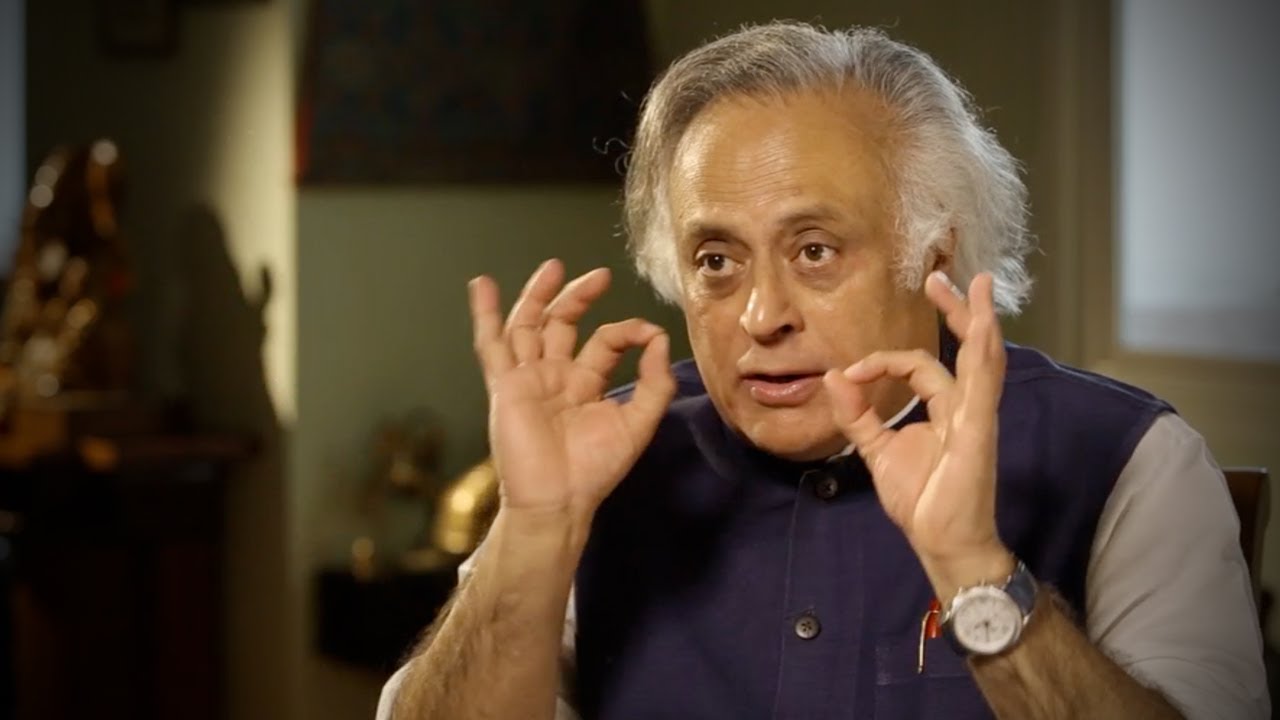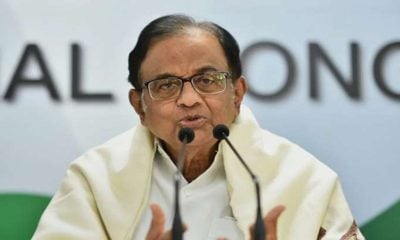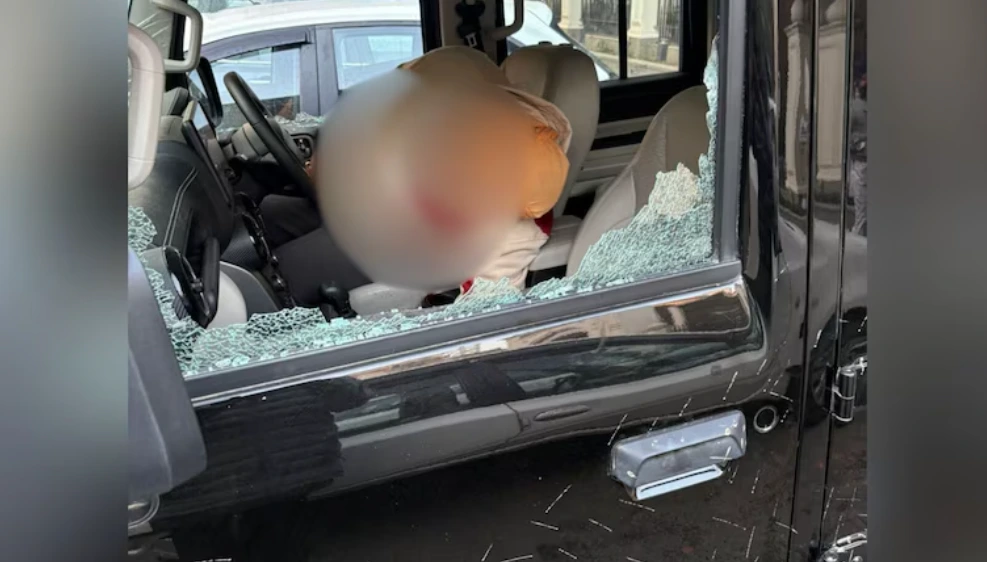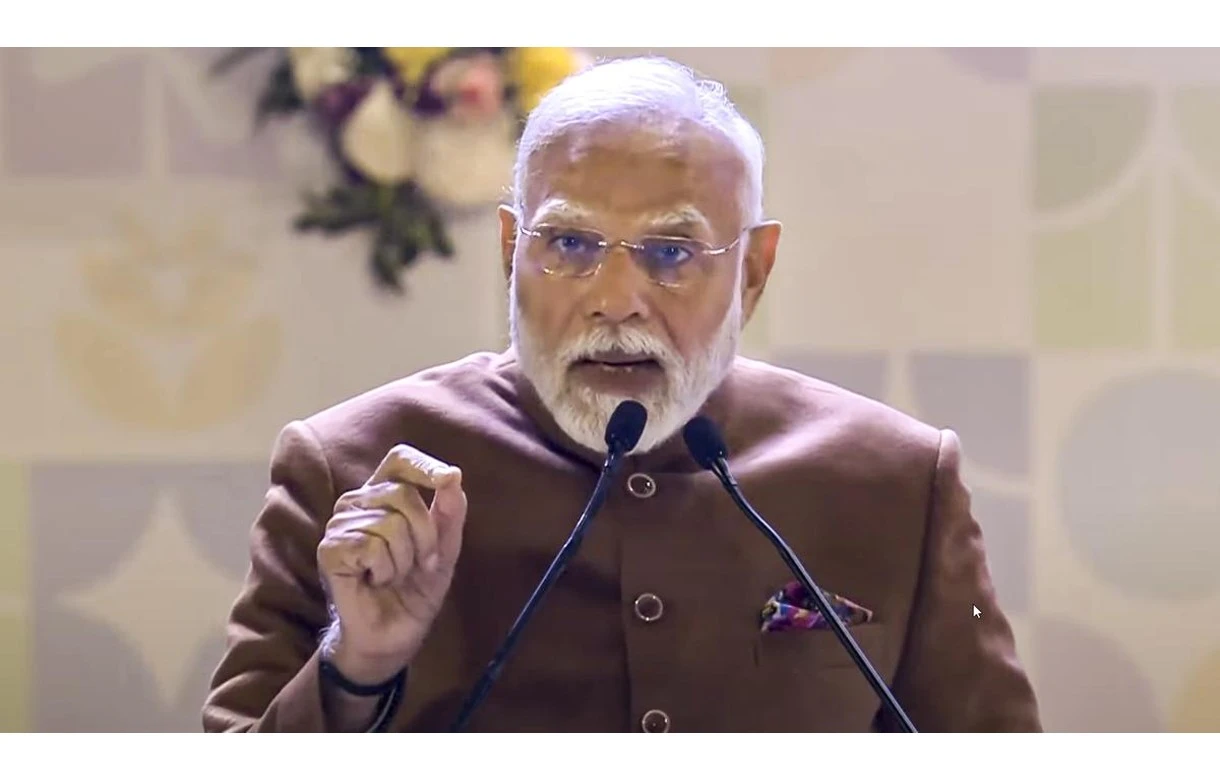[vc_row][vc_column][vc_column_text]An aide of Congress vice-president Rahul Gandhi and party’s key strategist on politics and policy, Ramesh says people want to “see a new Congress…The sultanate has gone, but we behave as if we are sultans still”
The Congress is facing an “existential crisis”, senior party leader Jairam Ramesh admitted, on Monday, while stressing on the need for a “a collective effort” by party leaders to overcome the challenges it faced from the continuing BJP juggernaut across India that has reduced the Grand Old Party into a caricature of its old self ever since Narendra Modi became Prime Minister in May 2014.
The former Union minister, who is known to share a good personal equation with Congress vice president Rahul Gandhi and is among the Congress’ key strategists, told news agency PTI that his party’s “business as usual approach will not work against Modi and (BJP national president) Amit Shah” while rooting for flexibility in the party’s approach towards the current state of Indian politics to make the Congress relevant again.
“Yes, the Congress party is facing a very serious crisis,” Ramesh was quoted by PTI, while also saying that while the Congress had faced an “electoral crisis” from 1996 to 2004 and in 1977 when it lost the elections held soon after the Emergency, “Today the Congress is facing an existential crisis and not an electoral crisis. The party really is in deep crisis”.
Ramesh said that it was wrong for the Congress party to think that anti-incumbency will work automatically against the Modi-led government at the Centre or more specifically in BJP-ruled states like Gujarat, MP, Rajasthan and others.
“We have to understand we are up against Narendra Modi and Amit Shah. And they think differently, they act differently, and if we are not flexible in our approach, we will become irrelevant, frankly,” Ramesh is believed to have said while underscoring that his party’s leadership needs to realize that “India has changed and old slogans don’t work, old formulas don’t work, old mantras don’t work anymore…The Congress party has to change”.
The former Union minister also expressed hope that Congress vice-president Rahul Gandhi would end the uncertainty over his taking over as the party president to make the organization ready for crucial electoral battles in key states in 2018 and the Lok Sabha polls scheduled a year later.
“I think in all probability, Rahul Gandhi will take charge (as Congress president) before the end of 2017,” Ramesh said, but also underlined that he had been proved wrong in the past about his prediction of the change of guard in the top leadership.
“I thought it will happen in 2015, it didn’t happen. I thought it will happen in 2016, it didn’t happen. So I am the wrong person to ask this question (on whether Rahul will be elevated as Congress president). But, I feel that it may happen before the end of 2017,” Ramesh said.
Asked if there is anyone in the Congress party to give a strong challenge to Modi in 2019 elections, Ramesh said, “I have always maintained that it is the collective strength of the Congress that will overcome Modi, not some individual’s magic wand…It has to be a collective effort”.
Although without naming anyone, Ramesh also took potshots at his party colleagues who still behave as if the Congress were still in power. “The sultanate has gone, but we behave as if we are sultans still. We have to completely redo the way of thinking, the way of acting, the way of projecting, the way of communicating. I think there is a lot of goodwill for the Congress, a lot of support… but people want to see a new Congress. They don’t want to see old mantras and slogans. We must recognise this is a huge challenge for us,” Ramesh added.[/vc_column_text][/vc_column][/vc_row]


 India News20 hours ago
India News20 hours ago
 India News5 hours ago
India News5 hours ago
 India News6 hours ago
India News6 hours ago
 Latest world news5 hours ago
Latest world news5 hours ago














